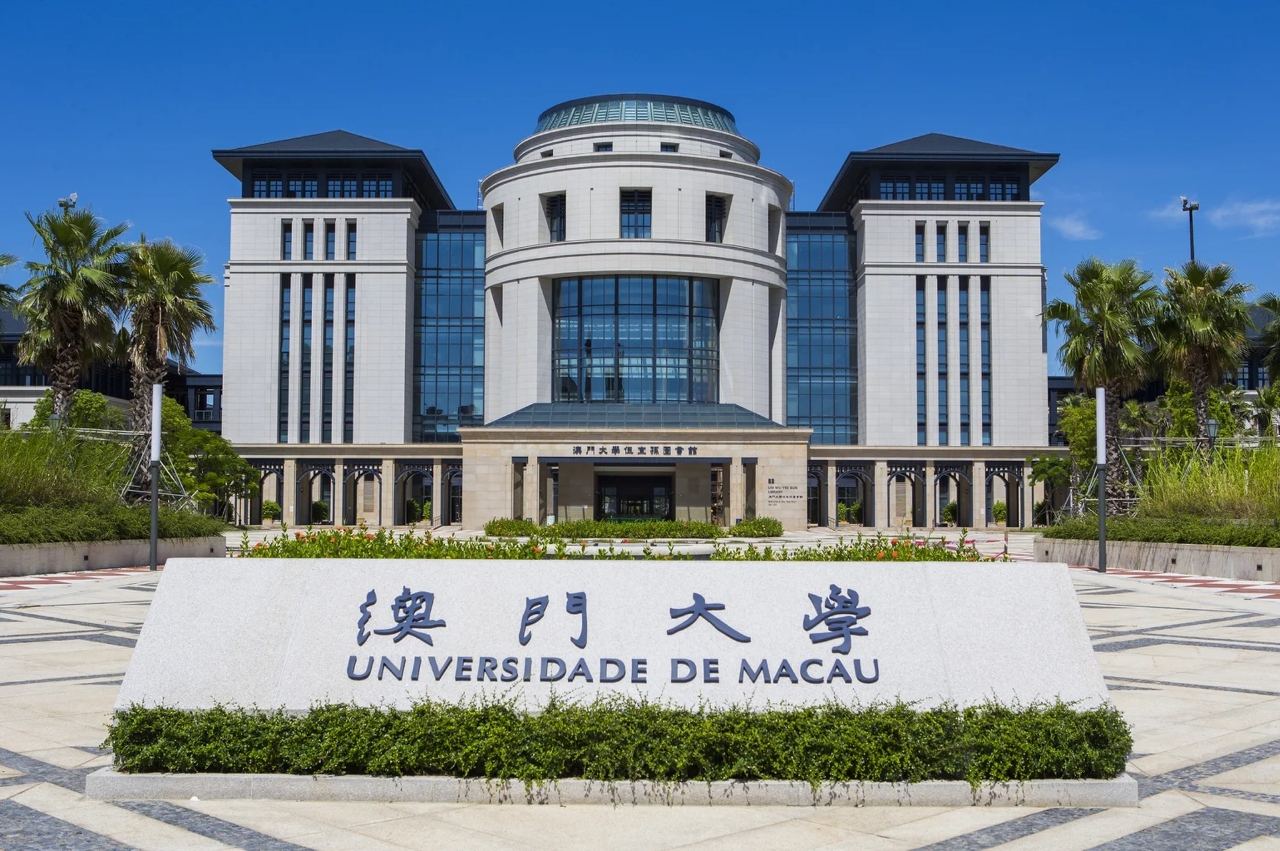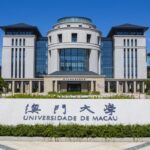 UM’s Master of Social Sciences (MSocSc) in Clinical Psychology programme is now open for applications
UM’s Master of Social Sciences (MSocSc) in Clinical Psychology programme is now open for applications
The University of Macau (UM) will offer the Master of Social Sciences (MSocSc) in Clinical Psychology programme in the 2024/2025 academic year, with the aim of training professionals in clinical psychology. Application for the programme is now open until 29 February 2024.
In accordance with the ‘Accredited Criteria for Psychotherapist Professions’, graduates of the programme can conduct psychometric assessments, as well as clinical psychological diagnoses and treatments after obtaining professional registration as a psychotherapist.
The MSocSc in Clinical Psychology programme is a three-year full-time programme requiring a total of 60 credits. The programme comprises 45 credits of compulsory coursework, 9 credits of clinical practicum (1,002 hours in total), and 6 credits dedicated to a master’s thesis, which includes a public oral defence. Students who did not complete the eight core courses specified in the ‘Accredited Criteria for Psychotherapist Professions’ during their bachelor’s studies in psychology must complete six of them during their master’s studies in order to become eligible for registration as a psychotherapist.
Applicants for the MSocSc in Clinical Psychology programme are required to hold a bachelor’s degree in psychology. However, individuals with a bachelor’s degree in related fields from renowned international universities may also be considered. For online application and the admission guidelines, please visit the Graduate School website: https://www.um.edu.mo/grs/en/admissions_regular. For enquiries, please call 8822 4898 during office hours or email gradschool@um.edu.mo.


